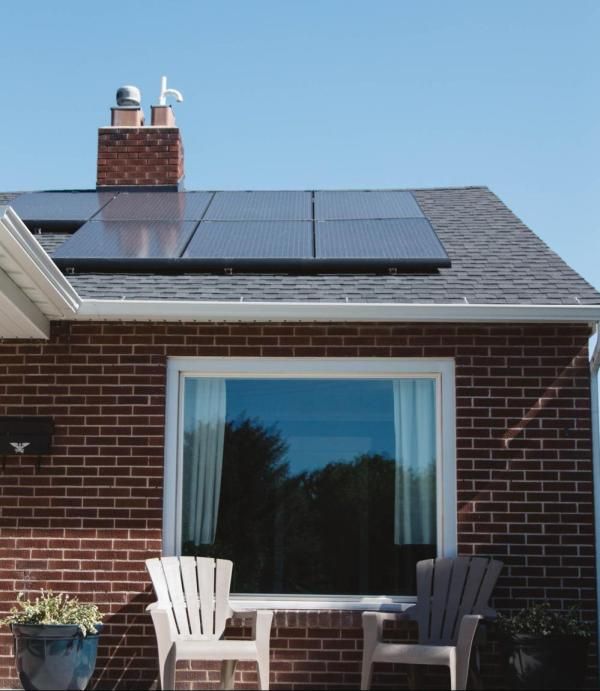Energy efficiency: now more important than ever

The real state sector decarbonisation is a reality and it is important that both property owners and builders are aware. If you own a house, now is a good time to start implementing measures as grants are currently available as well as tax reductions.
36% of total energy-related Greenhouse Gas (GHG) emissions in the EU come from building, so it is vital for the EU to act on this issue. More details are gradually emerging on the roadmap being developed to achieve the total decarbonisation of the building stock by 2050. On 25 October, the Transport, Telecommunications and Energy Council presented a proposal for the revision of the Energy Performance of Buildings Directive. This focuses on making zero-emission buildings by 2030 and designing them to include solar panels.
What do we do with existing buildings? Given that 75% of these are inefficient, action must be taken, which differs depending on its typology.
For residential buildings, the average primary energy consumption will be reduced with the aim of reaching the letter D in 2033, with the idea of continuing to set milestones until the 2050 target is reached. For single-family dwellings, a specific period could be established, based on the individual activation of a five-year period for making improvements.
For non-residential buildings, a reduction in emissions is envisaged by establishing maximum energy efficiency thresholds in each country, based on primary energy consumption. The first threshold would be below 15% by 2030, and the second below 25% by 2034.
In conclusion, given the importance of this issue and the guidelines set by the EU, if you are thinking of buying or building a house, it is important that you take into account the energy rating of your property and anticipate future obligations.
Source: idealista.com








